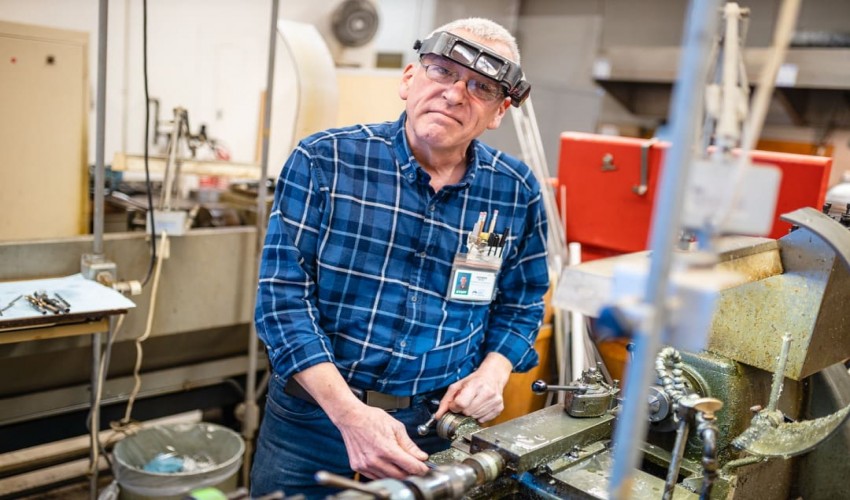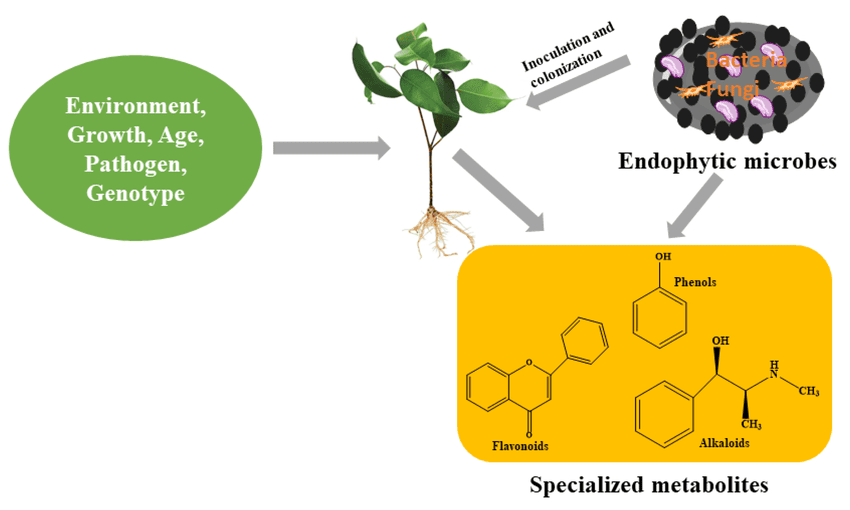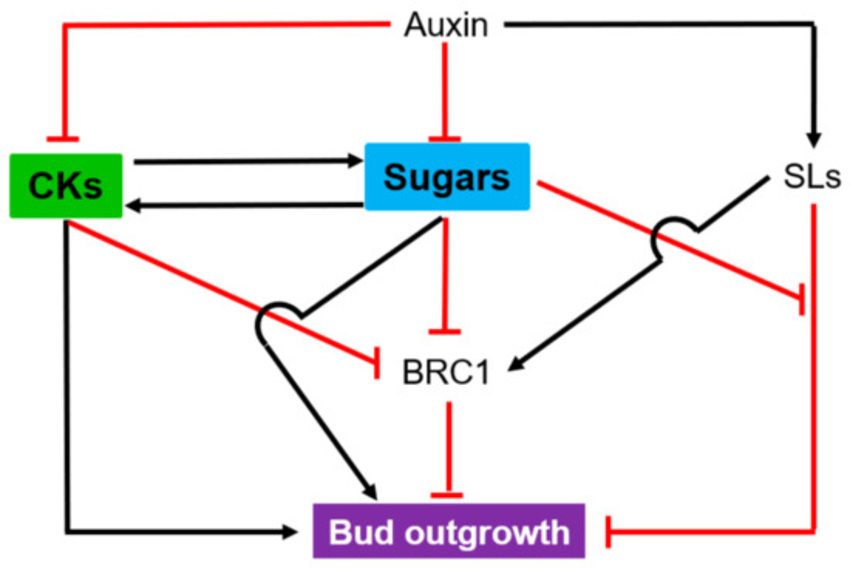
Bio-engineering
Bioengineering, the application of engineering knowledge to
the fields of medicine and biology. The bioengineer must be well grounded in
biology and have engineering knowledge that is broad, drawing upon electrical,
chemical, mechanical, and other engineering disciplines. The bioengineer may
work in any of a large range of areas. One of these is the provision of
artificial means to assist defective body functions—such as hearing aids,
artificial limbs, and supportive or substitute organs. In another direction,
the bioengineer may use engineering methods to achieve biosynthesis of animal
or plant products—such as for fermentation processes.
Today there are many more examples of interaction between
biology and engineering, particularly in the medical and life-support fields.
In addition to an increased awareness of the need for communication between the
engineer and the associate in the life sciences, there is an increasing
recognition of the role the engineer can play in several of the biological
fields, including human medicine, and, likewise, an awareness of the
contributions biological science can make toward the solution of engineering
problems.
Bioengineering developed out of specific desires or needs:
the desire of surgeons to bypass the heart, the need for replacement organs,
the requirement for life support in space, and many more. In most cases the
early interaction and education were a result of personal contacts between
physician, or physiologist, and engineer. Communication between the engineer
and the life scientist was immediately recognized as a problem. Most engineers
who wandered into the field in its early days probably had an exposure to biology
through a high-school course and no further work. To overcome this problem,
engineers began to study not only the subject matter but also the methods and
techniques of their counterparts in medicine, physiology, psychology, and
biology. Much of the information was self-taught or obtained through personal
association and discussions. Finally, recognizing a need to assist in
overcoming the communication barrier as well as to prepare engineers for the
future, engineering schools developed courses and curricula in bioengineering.
Biotechnology has rapidly emerged as an area of activities
having marked impact on all aspects of human welfare ranging from food
processing, protecting the environment, human health to quality of human life
throughout the world.
Biotechnology is an interdisciplinary branch of science which is popular among youngsters as it is providing ample opportunities for those who want to explore the new and modern frontiers of science. It does not refer to a specific industry or job. The applications of Biotechnology is vast as it caters to various industrial sectors like food, textiles, pharmaceutical, agriculture, animal husbandry and more. Biotechnology includes diverse subjects apart from biology making it interdisciplinary. Along with the technical part and engineering applications, biotechnology is giving rise to various new fields with humongous job opportunities.
- Medical engineering
- Agricultural engineering
- Bionics
- Human-factors engineering
- Environmental health engineering
- Genetic engineering
- Biochemical engineering
- Animal biotechnology
- Medical biotechnology
- Industrial biotechnology
- Environmental biotechnology
- Plant biotechnology.
- Bioinformatics
- Fundamentals of Microbiology
- Microbial Chemistry and Physiology
- Biomolecules
- Microbial Diversity
- Cellular Metabolism
- Analytical Techniques and Bioinformatics
- Bioprocess & Biochemical Engineering
- Genetics & Molecular Biotechnology
- Immunology
- Molecular Techniques & Bioinformatics
Recent Published
Submit Manuscript
To give your manuscript the best chance of publication, follow these policies and formatting guidelines.


